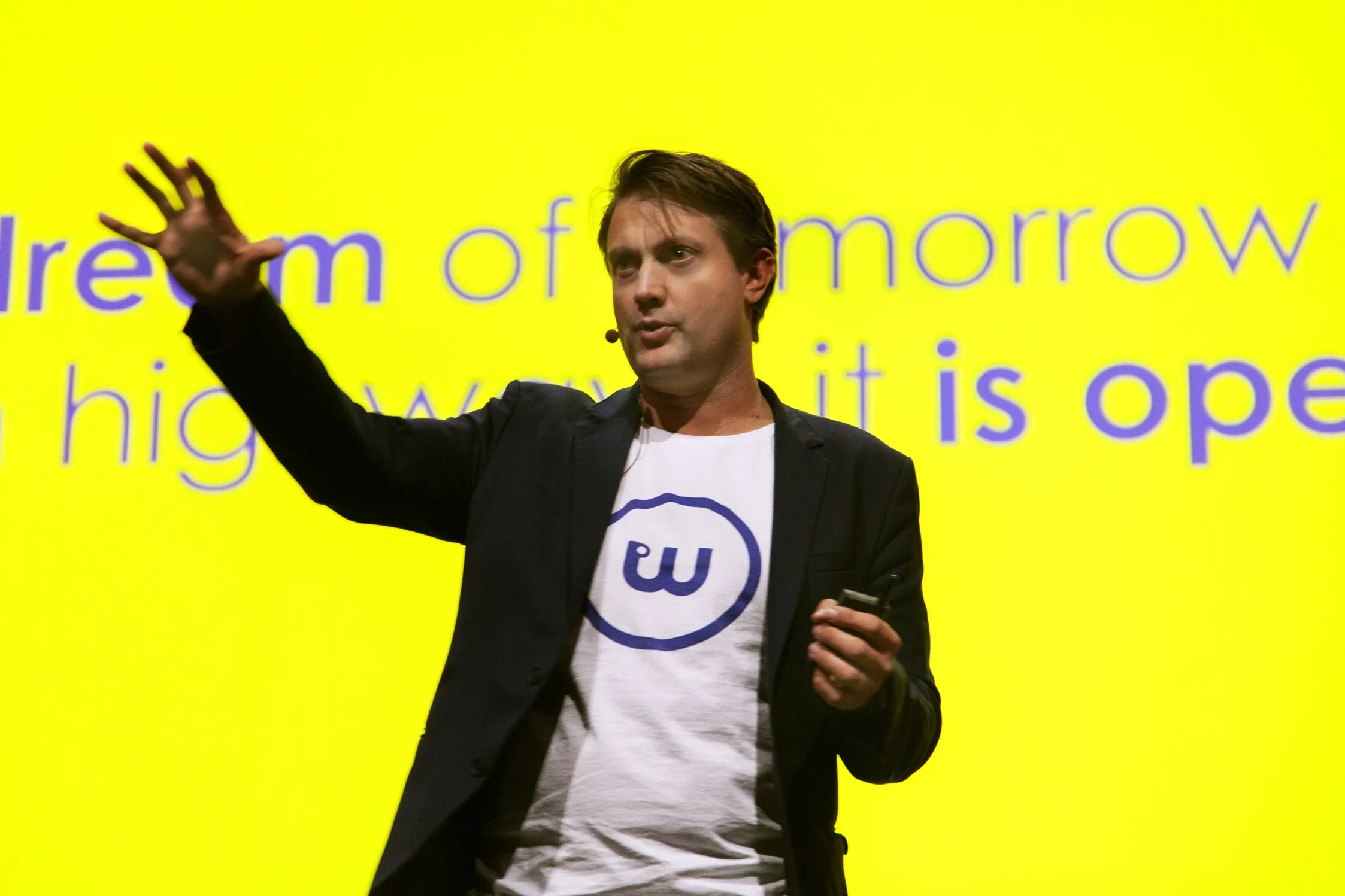Eichenberg said that Europe is leading the automotive electrification charge globally. German automakers are already developing the electric technologies that will help them meet the next regulatory hurdle for emissions – the proposed Euro VII rules – which are expected to come between 2025 and 2030.
Over the decade of 2020 to 2030, which Eichenberg calls the ‘decade of electrification’, the European market will define the future of automotive powertrain architecture.
He claims that, as e-mobility progresses, automakers will turn to a new group of suppliers to be the system integrators for the electrified powertrain – companies with both electrical expertise and the scale of consumer products manufacturing, such as
E-mobility will cause more disruption to the automotive supply chain than it has ever faced, Eichenberg said. To succeed amidst this disruption, auto suppliers – especially those with engine, transmission and exhaust components in their portfolios – will need seven or eight years to transform their companies to be able to compete in the new ecosystem.
Eichenberg estimates that as many as three-quarters of the world's top 100 automotive suppliers will be affected by the global industry move toward electrification.
In his white paper, titled: "Electrification Disruption: How not to get shocked, jolted and fried by the coming shift in automotive power sources," Eichenberg says that unless they rethink their approach and secure electronics and software competencies, few traditional auto suppliers will be able to succeed in the electrified auto future.
European e-mobility shaping the future for global auto suppliers, strategy expert warns
Speaking at this week's Frankfurt IAA International Motor Show, US strategy consultant Paul Eichenberg advised automotive suppliers seeking to protect or grow their business as automobile electrification rapidly emerges in Europe to ‘build the future now’.
Eichenberg said that Europe is leading the automotive electrification charge globally. German automakers are already developing the electric technologies that will help them meet the next regulatory hurdle for emissions – the proposed Euro VII rules –
September 8, 2017
Read time: 2 mins
Speaking at this week's Frankfurt IAA International Motor Show, US strategy consultant Paul Eichenberg advised automotive suppliers seeking to protect or grow their business as automobile electrification rapidly emerges in Europe to ‘build the future now’.








